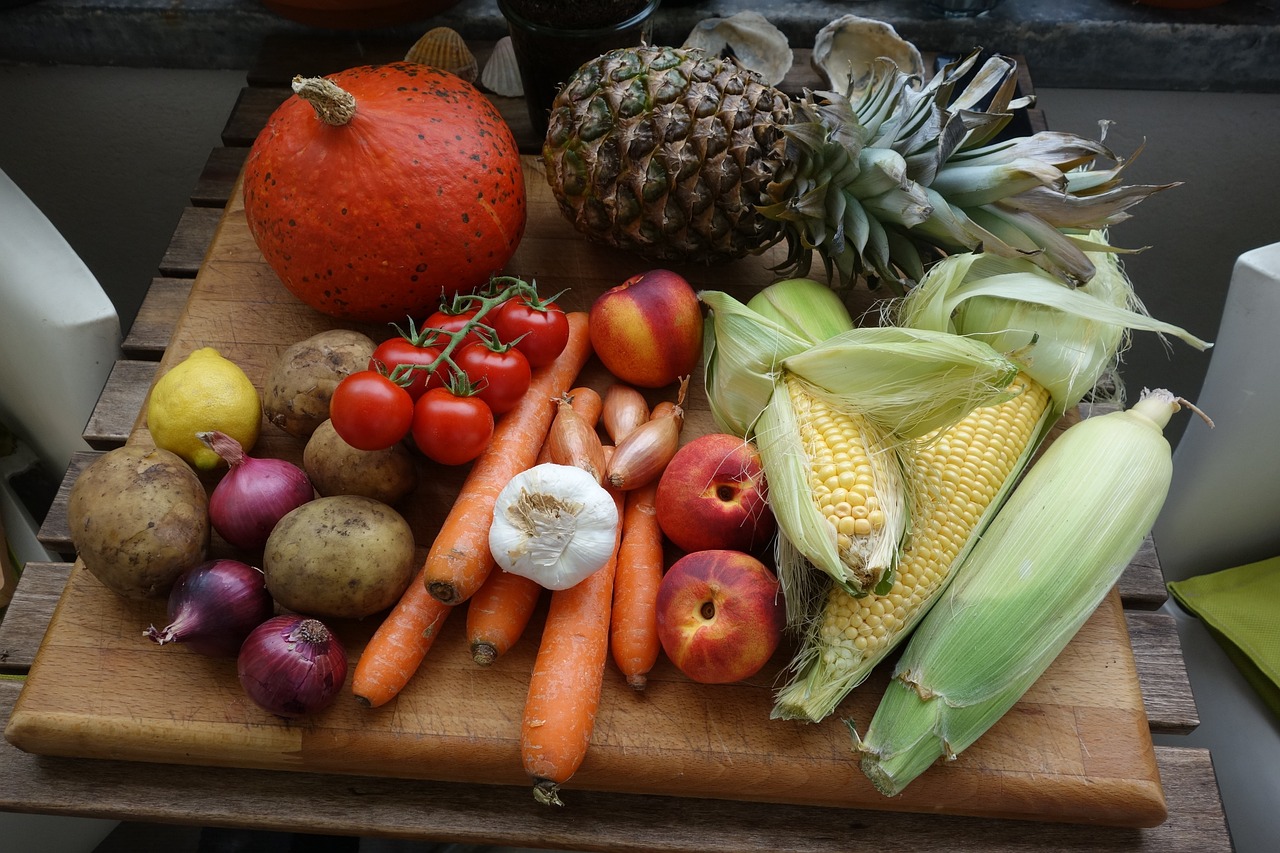When it comes to managing IBS, prebiotics often pop up in conversations about gut health—but what are they, and why do they feel like a puzzle for those following a low FODMAP diet? Let’s break it down so you can make sense of this gut-brain teaser and learn how to balance supporting your microbiome without triggering IBS symptoms.
What Are Prebiotics?
Prebiotics are a type of dietary fibre that acts as food for the beneficial bacteria in your gut. Although it soudns like protioce, the live bacteria that live in your gut, they are something completing differet! Prebiotics are essentially the food for our gut microbes. They are mostly found in plant fiberes and are not fully digested by the body. This means they stay in the gut and reach the large colon, or bowel, where they are fermented by these microbes, which can lead to a range of health benefits.
However… not all fibres are prebiotics. To gain prebiotic status, a food has to demonstrate its health benefits via scientific studies.
You can find prebiotics naturally in foods like:
- Onions, garlic and leeks
- Bananas (especially when slightly green), nectarines, dates and figs
- Asparagus, artichokes and beetroot
- Legumes, like lentils and chickpeas
- Oats, spelt and rye
- Almons and pistachios
- Flaxseeds or chia seeds
Sounds great, right? But here’s the catch: many prebiotic-rich foods are also high in FODMAPs.
The FODMAP Conundrum
For people with IBS, FODMAPs (fermentable oligosaccharides, disaccharides, monosaccharides, and polyols) can be a trigger for symptoms like bloating, gas and diarrhoea. Unfortunately, many prebiotic fibers fall into the high-FODMAP category, making it tricky to support your gut bacteria without upsetting your IBS.
This creates a dilemma:
- Prebiotics are beneficial for gut health.
- But many prebiotics come from high-FODMAP foods that could worsen IBS symptoms.
So, how do you solve this puzzle?
How to Include Prebiotics with IBS
Here’s how to strike the right balance without sending your gut into a tailspin:
- Start with Low-FODMAP prebiotic foods
Certain foods contain prebiotics but are still low in FODMAPs, making them gentle on sensitive tummies. Examples include:- Firm bananas
- Asparagus and beetroot
- Oats and spelt
- Flaxseeds or chia seeds
- Introduce prebiotics gradually
When reintroducing FODMAPs or incorporating prebiotic-rich foods into your diet, proceed gradually. Start with small amounts, paying close attention to how your body responds. Slowly increase the portions over days or even weeks, based on your tolerance. Progress doesn’t have to be quick—every step forward, no matter how small, contributes to improved gut health. - Consider prebiotic supplements
There are prebiotic supplements specifically formulated for individuals with IBS, such as partially hydrolyzed guar gum (PHGG) and galacto-oligosaccharides (GOS). These low-FODMAP options nourish your gut bacteria without triggering symptoms. Research has demonstrated that while GOS supplements may initially cause flatulence, preservering with consistent use for at least three weeks can lead to noticeable symptom improvements. Again, starting slowly allows your gut to adapt gradually, making the process more manageable and effective. - Focus on gut diversity
Remember, prebiotics aren’t the only way to support your gut. Eating a wide range of IBS-friendly foods can also help nurture your microbiome. Think colorful vegetables, lean proteins and healthy fats, espeically extra virgin olive oil and oily fish.
Do You Really Need Prebiotics?
If you’re managing IBS, don’t feel pressured to jump on the prebiotic bandwagon immediately. For many people, the basics—like eating balanced meals, staying hydrated and targeting your gut-brain axis and stress or anxiety—are far more impactful for symptom relief.
Prebiotics can increase beneficial gut bacteria, such as Bifidobacteria, which tend to be lower in people with IBS. However, tolerance really depends on the type, dose and duration of prebiotic intake. For example, inulin-type fructans have been shown to increase Bifidobacteria but may not improve symptoms like abdominal pain or bloating and could worsen flatulence. On the other hand, GOS, PHGG and pectin appear to be better tolerated and may help manage symptoms.
For those following the low FODMAP diet, it’s important to note that prolonged restriction without a structured reintroduction phase can decrease beneficial gut bacteria. This reinforces the importance of personalizing your diet and working with a dietitian to ensure long-term gut health.
Takeaways
- Prebiotics are great for gut health but can be tricky for people with IBS because many are high in FODMAPs.
- Start with low-FODMAP prebiotic foods, go slow and listen to your gut.
- If you’re looking to try a prebiotic supplement, choose one that’s IBS-friendly and consume it consistently for at least three weeks to assess its benefits.
- You don’t need to force prebiotics if they don’t work for you—there are plenty of ways to support your gut health without them!
If you’ve been struggling with the FODMAP and prebiotic puzzle, you’re not alone. I’ve helped hundreds of people navigate this tricky terrain to find solutions that truly work for their gut.
Looking for personalized help? Download my FREE IBS guide or DM me for more info—I’d love to help you take control of your symptoms and rebuild your confidence with food!



